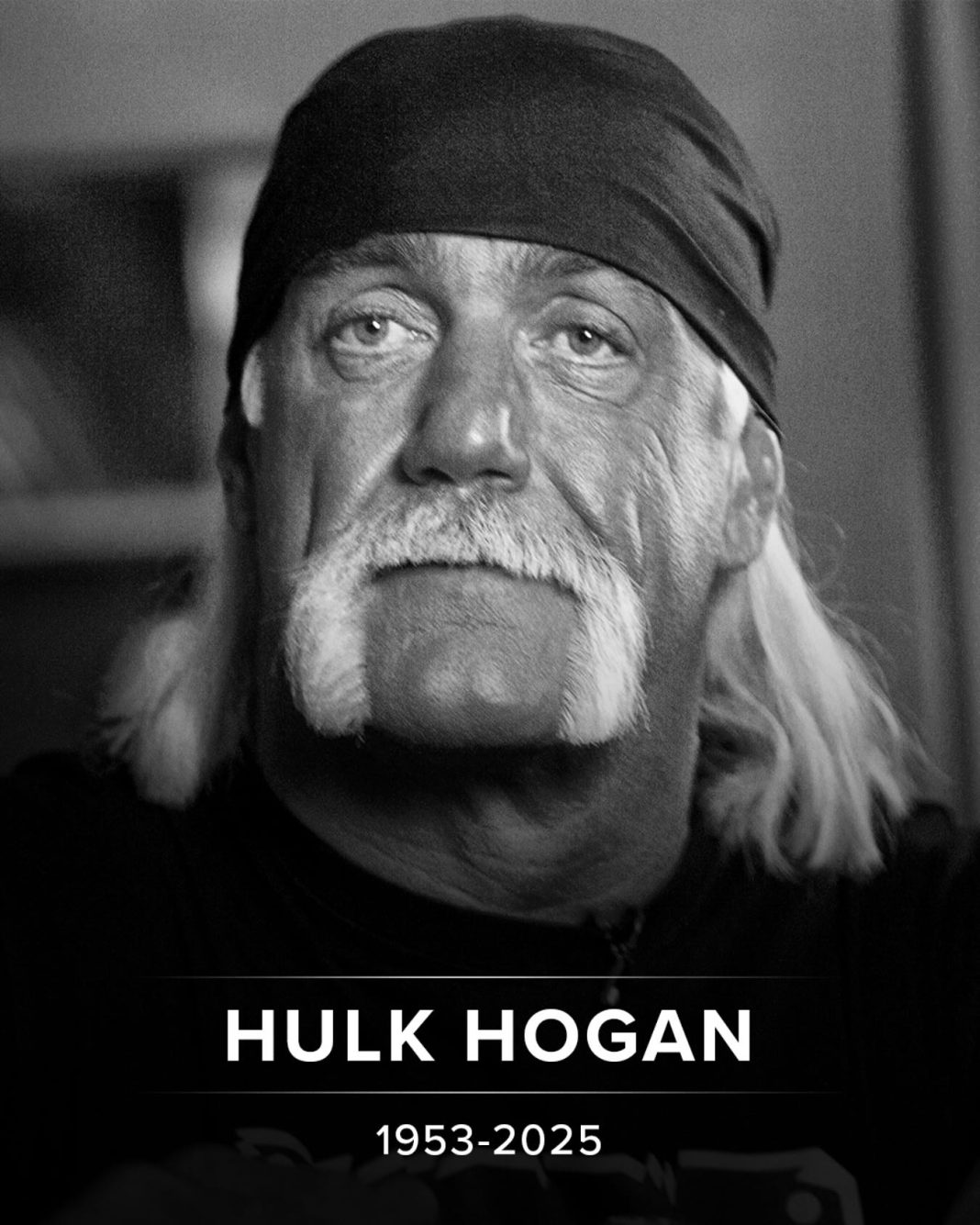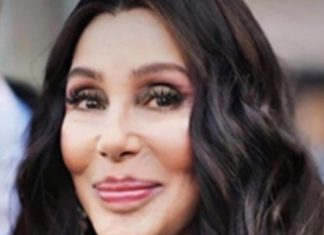The Legacy of Hulk Hogan: A Tribute to a Wrestling Icon
Terry Gene Bollea, widely recognized by his ring name Hulk Hogan, has left an indelible mark on the world of professional wrestling and pop culture. At the age of 71, Hogan passed away due to a cardiac arrest at his residence in Clearwater, Florida, as confirmed by WWE and multiple news agencies. This unfortunate news reverberates through the hearts of millions of fans, marking not just the loss of a wrestling star, but the end of an era that shaped the landscape of sports entertainment. The impact of his life and career stretches beyond just the wrestling ring, touching on various facets of popular culture and the entertainment industry.
A Trailblazer in the Wrestling World
Hogan’s journey in wrestling began in 1977, and he quickly became a household name throughout the 1980s and 1990s. His iconic bandana, trademark handlebar mustache, and charismatic catchphrases like “Whatcha gonna do, brother?” were not just gimmicks; they were elements of a carefully crafted persona that resonated with fans across the globe. His appeal transcended the wrestling industry itself, as Hogan became a symbol of strength, determination, and positivity. During his early years in the WWF, Hogan became synonymous with the rapidly growing popularity of professional wrestling, particularly through the rise of WrestleMania. This event, which he helped propel into a global spectacle, transformed from a modest wrestling gathering into a cultural phenomenon that drew millions of viewers worldwide, showcasing the potential of wrestling as mainstream entertainment.
Career Highlights and Rivalries
Throughout his illustrious career, Hogan headlined a myriad of main events and engaged in legendary rivalries with icons such as André the Giant, Randy Savage, and The Ultimate Warrior. These rivalries became the backbone of wrestling storylines in the 1980s and 1990s, captivating audiences and solidifying his status as a wrestling legend. One of the most iconic moments in wrestling history occurred at WrestleMania III, where Hogan body-slammed the 520-pound André, a feat that is still celebrated as one of the greatest moments in sports entertainment. His battles were not merely contests; they were epic narratives that engaged emotions and defined an era. Hogan’s charisma and ability to connect with the audience were pivotal in the “Monday Night Wars,” where he played a crucial role as a founding member of the nWo in WCW. His strategic shift to the darker side of wrestling, a significant departure from his previous persona, coupled with his larger-than-life character, helped redefine the industry, setting the stage for the modern wrestling landscape we see today.
Beyond the Ring: Hogan’s Cultural Impact
Hogan was not just a wrestling icon; he was a cultural phenomenon that extended his influence well beyond the squared circle. Beyond wrestling, he starred in iconic films such as Rocky III, where he played the role of Thunderlips, and Mr. Nanny, showcasing his versatility as a performer and his ability to cross over into mainstream entertainment. His reality television series Hogan Knows Best, which aired in the mid-2000s, provided viewers a glimpse into his life outside wrestling, further solidifying his status as a household name. This series not only entertained but also humanized the wrestling superstar, allowing fans to see him in a different light. His reach extended beyond wrestling, influencing fashion, entertainment, and even the perception of athletes in media. Hogan’s signature style, which included his colorful costumes and charismatic persona, made him a beloved character in the hearts of many, particularly during the vibrant and transformative years of the 1980s and early 1990s. His appearances in commercials and talk shows further cemented his place in pop culture, making him a recognizable figure even to those who may not have been fans of wrestling.
A Reflection on His Health and Public Perception
In recent years, however, Hogan faced significant health challenges that served as a stark reminder of the physical toll that years of wrestling can take on an athlete’s body. He underwent multiple surgeries, including procedures on his spine and knee, and openly discussed the challenges of aging in the wrestling profession. Despite these struggles, he remained a beloved figure within the wrestling community, frequently attending events and maintaining strong connections with fans. His resilience resonated with many, who admired not only his contributions to wrestling but also his ability to confront personal adversities with grace. Public perception of Hogan has evolved over the years, particularly in light of controversies related to his personal life, yet many fans continued to celebrate his legacy as a wrestling pioneer. The affection and respect he garnered over the years were evident as fans rallied to share their fond memories and tributes in the wake of his passing, highlighting the complex yet impactful nature of his career.
A Lasting Legacy and Community Mourning
Hogan’s legacy is complex, marked by both monumental achievements and controversies that have shaped public discourse around his life. He was a six-time WWE Champion and a two-time Hall of Fame inductee, underscoring his pivotal role in the global popularity of professional wrestling. As news of his passing spread, fans, friends, and fellow wrestlers took to social media to express their sorrow and celebrate his impactful legacy. Many shared heartfelt messages, emphasizing how Hogan was their gateway into the world of wrestling. One fan poignantly stated, “He was the reason I fell in love with wrestling,” while another affirmed, “There’s no Mount Rushmore of wrestling without Hulk Hogan.” Such sentiments reflect the profound impact he had on generations of wrestling fans, illustrating how he shaped their understanding of the sport and influenced their lives. Fans reminisced about attending live events, recreating his signature moves in their backyards, and the joy he brought into their lives.
As we remember Hulk Hogan, it is essential to acknowledge the multifaceted nature of his career. While he faced challenges and controversies, his contributions to the world of wrestling and entertainment remain undeniable and continue to inspire new generations. He leaves behind a legacy built on power, passion, and showmanship, firmly establishing himself as one of the most iconic characters in history. Hogan is survived by his children, who will carry forward the legacy of a man who not only entertained but inspired countless individuals around the world. His passing may bring sadness, but his spirit and contributions to the sport will undoubtedly live on. Rest in peace, Hulk Hogan. 1953 – 2025.

















